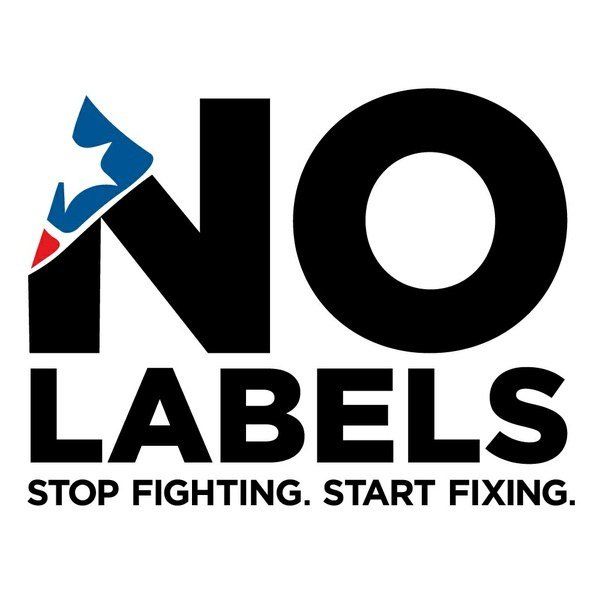Globalization has played a significant role in the political conversation this election season. Past and current candidates have all addressed the issue, often integrating it into the central structure of their campaign. However, I believe that the conversation on globalization and addressing the changes that come with it is inadequate. Donald Trump and Bernie Sanders, before he faded from the Democratic primary, ran largely anti-globalization, protectionist campaigns. Both candidates contemplated policy ideas such as raising protectionist tariffs, punishing companies that outsource jobs overseas, and, perhaps most importantly, and railing against the Trans Pacific Partnership.
I do not blame any candidates for campaigning this way. Politicians are opportunists and there is a significant electoral opportunity surrounding these issues. I am, of course, referring to the working class white vote. Additionally working class white workers have been dealt a bad hand with globalization that manifested itself in the form of plant closings, stagnating wages, and the increasing rarity of well-paying jobs in industry. However, I fear that the current political conversation about globalization and ways to counteract its consequences is missing the bigger picture.
Globalization is no longer inevitable because, by and large, it already occurred. It started when companies started outsourcing jobs in the 1970’s and the 1980’s. It accelerated through the 1990’s with the fall of the Berlin Wall, the rise of computing technology and the internet, and the streamlining of global communications. The North Atlantic Free Trade Agreement and China’s 2001 entrance into the World Trade Organization promoted more robust international trade and commerce. By the early twenty-first century, the initial steps of globalization were complete and since then the global economy has only become more integrated and monolithic. The failure of our presidential nominees, and also many members of Congress, to recognize and accept this is appalling.
This may be somber news, but those manufacturing jobs that were outsourced to East Asia and Latin America are gone for good. There is no getting those back. A clear indication of this is that the current manufacturing output in the United States is at a record high. There may be less manufacturing and industrial jobs, but there is no shortage of American-produced goods. This makes trade protectionism, from raising new import tariffs to repealing the Trans-Pacific Partnership, seem counterintuitive. International trade is absolutely necessary for the proper functioning of the global economy, the growth of domestic commerce, and the development of wealth across the world. This is how the world advances in modern times. Rejected globalization is a bad idea and not at all progressive. I draw a comparison to industrialization in the twentieth century to globalization now to illustrate this.
Industrialization in its time was controversial too. Many Americans viewed industrialization with skepticism, especially in the south, where landowners and wealthy farmers viewed it as a challenge to their accustomed way of life. As with any significant economic advancement, there are winners and losers, but mostly winners. During industrialization the United States grew. Large swaths of the population earned levels of wealth that were non-existent in the agrarian age. Captains of industry and robustly funded state institutions endowed and developed complicated infrastructure, a world-class education system, and the most powerful military in history, to name a few things. There were, of course, consequences to industrialization, most notably with environmental degradation and massive contributions to climate change. However millions of Americans were able to rise into the middle class and the quality of life in the United States improved dramatically. This development would lead to wealth cultivation around the world and, subsequently, the rise of international prosperity.
Free trade agreements have contributed to the decline and availability of stable jobs in both skilled and unskilled labor, but this is for the better. Those jobs in manufacturing and goods production helped establish a large middle class. However, they are inadequate for the continuation of middle class growth due to a combination of factors including technological advancement, increased environmental regulations, and increased costs of living and labor. Those jobs were outsourced in an effort to reduce costs by businesses and now they are helping developing nations such as India and China cultivate their own prosperous middle class. The overall wealth and prosperity of international society is growing because of globalization. By restricting free trade agreements, the United States is denying these states the right to cultivate and develop their own wealth. This becomes all the more unfair if you take into consideration the adverse impact that western imperialism took on those nations, but I’m not going to into that because I have no intention of writing a book right now.
In the context of the 2016 election, the conversation should be steered in a different direction. Many candidates for office want to restrict free trade, which will antagonize our allies and trade partners who are an integral part of our economy. They want to penalize companies that outsource jobs. That discourages business investment and jeopardizes American commerce and global economic competitiveness. Others want to create tax incentives for companies to bring jobs back. That method of policymaking is shaky at best and it enables powerful corporations to exploit tax loopholes, therefore exacerbating economic inequality.
What candidates should be focusing on instead is helping and enabling workers. The wage gap needs to be addressed, whether by raising the minimum wage or pursuing some other policy. The tax code needs to be reformed so the wealthy pay a more appropriate amount in taxes and lower income Americans do not have to pick up a large portion of the tax burden. There needs to be more focus on reforming education especially by making higher education more accessible to workers from marginalized groups and declining industries. By enabling workers, more people will be able to find stable employment and lead healthier, more satisfying lives. I believe that will lead to increased productivity and economic growth.
Globalization is a complicated process that still plays a significant role in the transforming of the American economy. Politicians should not be fighting what has already happened. Instead, they should be looking towards equitable solutions so that the future for the American worker is brighter.





















